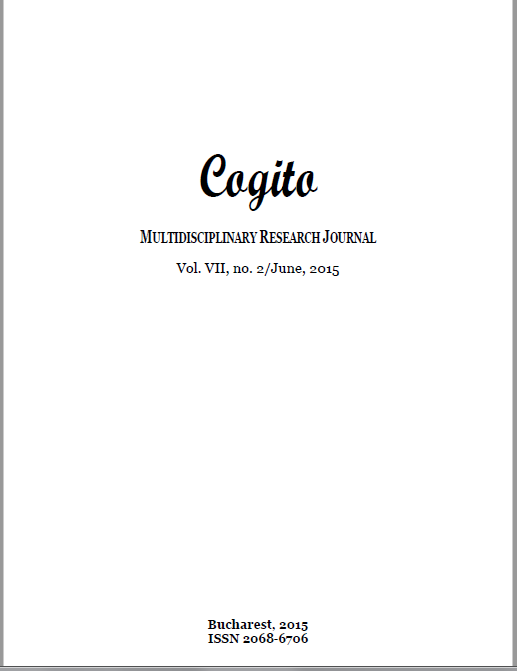ANTICOMMUNISM, DISSIDENCE AND RESISTANCE IN FOUR POPULAR DEMOCRACIES:
ROMANIA, POLAND, HUNGARY AND CZECHOSLOVAKIA
ANTICOMMUNISM, DISSIDENCE AND RESISTANCE IN FOUR POPULAR DEMOCRACIES:
ROMANIA, POLAND, HUNGARY AND CZECHOSLOVAKIA
Author(s): Simona DeleanuSubject(s): Sociology of Culture, History of Communism, Sociology of Politics
Published by: Editura Pro Universitaria
Keywords: anticommunism; dissidence; resistance; resistance through culture; opposition;
Summary/Abstract: The anticommunist opposition did not manifest in a legal environment because, after seizing power, the Stalinist regimes dismantled any form of contestation and any critical group. Khrushchev’s exposure of Stalin’s policy, as appearing in the above mentioned secret report, triggered an extensive debate both inside the parties and overall in societies, but especially among the intellectuals. Once the Final Act of the Conference for Security and Co-operation in Europe is signed in Helsinki in 1975, the criticism towards the communist policy gets a new form. The forms of opposition, dissidence and resistance differed not only from one state to another but also within the very societies in which they appeared. Their evolution during the last communist decades and their categorisation represented a specific debate for the post communist societies of the four states we analysed.
Journal: Cogito - Multidisciplinary research Journal
- Issue Year: 2015
- Issue No: 2
- Page Range: 59-69
- Page Count: 11
- Language: English

